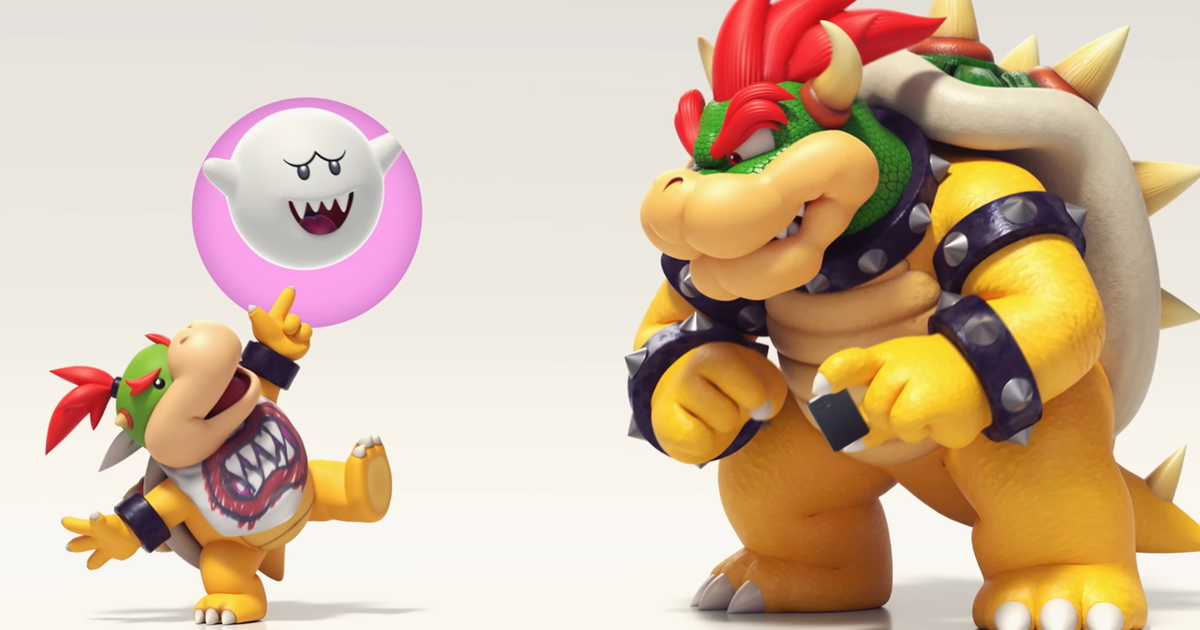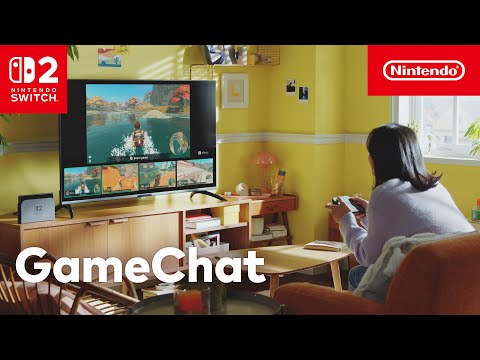Nintendo has updated its Nintendo Account Agreement with a severe warning against “unauthorised use”, in a bid to prevent emulation and piracy.
All those with a Nintendo account will have received an email (including Eurogamer) linking to the updated policy. And, as Game File’s Stephen Totilo spotted, the wording for the Licence for Digital Products section has been altered.
The agreement for UK accounts now states digital products are “licensed only for personal and non-commercial use”, and that any “unauthorised use of a Digital Product may result in the Digital Product becoming unusable”.
This differs slightly from the US, which states: “You acknowledge that if you fail to comply with the foregoing restrictions Nintendo may render the Nintendo Account Services and/or the applicable Nintendo device permanently unusable in whole or in part.”
For comparison, here’s the original wording (effective since April 2021): “You are not allowed to lease, rent, sublicense, publish, copy, modify, adapt, translate, reverse engineer, decompile or disassemble all or any portion of the Nintendo Account Services without Nintendo’s written consent, or unless otherwise expressly permitted by applicable law.”
And here’s the UK update in full: “Any Digital Products registered to your Nintendo Account and any updates of such Digital Products are licensed only for personal and non-commercial use on a User Device. Digital Products must not be used for any other purpose. In particular, without NOE’s written consent, you must neither lease nor rent Digital Products nor sublicense, publish, copy, modify, adapt, translate, reverse engineer, decompile or disassemble any portion of Digital Products other than as expressly permitted by applicable law. Such unauthorised use of a Digital Product may result in the Digital Product becoming unusable.”
The US update is as follows: “Without limitation, you agree that you may not (a) publish, copy, modify, reverse engineer, lease, rent, decompile, disassemble, distribute, offer for sale, or create derivative works of any portion of the Nintendo Account Services; (b) bypass, modify, decrypt, defeat, tamper with, or otherwise circumvent any of the functions or protections of the Nintendo Account Services, including through the use of any hardware or software that would cause the Nintendo Account Services to operate other than in accordance with its documentation and intended use; (c) obtain, install or use any unauthorised copies of Nintendo Account Services; or (d) exploit the Nintendo Account Services in any manner other than to use them in accordance with the applicable documentation and intended use, in each case, without Nintendo’s written consent or express authorisation, or unless otherwise expressly permitted by applicable law. You acknowledge that if you fail to comply with the foregoing restrictions Nintendo may render the Nintendo Account Services and/or the applicable Nintendo device permanently unusable in whole or in part.”
The Nintendo Account Privacy Policy has also been updated ahead of the release of Switch 2. Now, Nintendo will be able to record video and voice chats stored on your console for a limited period of time – if you give consent.
This is intended for anyone who encounters “language or behaviour that may violate applicable laws”, with the company able to review the last three minutes of recorded footage. This is to ensure a “safe and family-friendly online environment”.
The update comes ahead of the Game Chat feature on Switch 2, where players can essentially video call each other during gameplay.
Back in March, Nintendo shared a legal victory over French file-sharing company Dstorage, which it stated was “significant…for the entire games industry”.
It followed a string of moves against piracy, including the shutdown of Switch emulator Yuzu and a lawsuit against a streamer who regularly played pirated copies of Nintendo games ahead of release.

